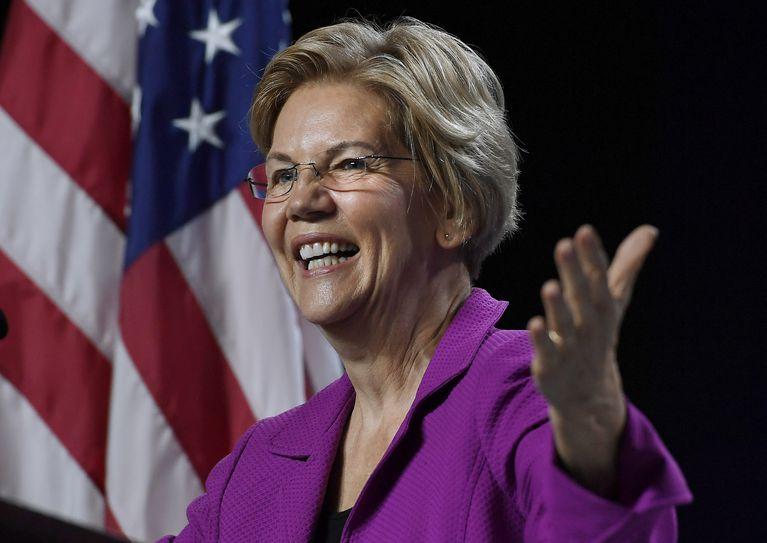Note: Articles printed in the Opinions section do not reflect the collective view of The Wellesley News.
The 2016 Presidential Election was a unique moment in history for both the United States and Wellesley College. Hillary Rodham Clinton was the first-ever female presidential candidate to win the democratic ticket and we, her alma mater, were like proud parents cheering from the stands — ignoring Clinton’s questionable political past. Students, faculty and alumni gathered on election night to watch what many believed would be a moment for the history books: the election of the first female President of the United States. But she didn’t win. And as the night grew longer and the votes were tallied, Wellesley’s gendered political activism was cemented as tradition.
Clinton’s startling loss was considered so devastating that many professors canceled classes the following day; several administrators sent out school-wide emails offering resources for students like therapy and open office hours. Many students spent the night of Nov. 8, 2016 crying. A protest organized to criticize the structure of the American government and the election process was held the following day in Boston Common; a few students collected to demonstrate in support of fundamental election revolution, acknowledging Clinton’s contribution to the corrupt system, while others remained at home to mourn the loss of who could have been the first female president. Enthusiasm for Clinton, simply because of her gender, was certainly not a sentiment shared by the entire student body. Still, reactions to the election varied from the active pursuit of social and governmental justice to the pursuit of another female candidate ready to make it happen.
Wellesley students have repeatedly voiced their political support for candidates during presidential elections, and the 2020 election has proven to be no different. Recently, Wellesley 4 Warren has garnered the attention of the greater Wellesley community, with its growing presence both on social media and campus. The student organization is yet another example of how many Wellesley students unequivocally support white female politicians, regardless of their past stances or actions, in pursuit of gendered victory rather than social justice.
Senator Warren received severe backlash in February 2019 after claiming Native American heritage. After a very public DNA test, Warren was revealed to be almost entirely European, with Native American ancestry dating back six to 10 generations. This controversy quickly became national news, with many avidly criticizing Warren and her desire to distance herself from her whiteness in pursuit of electability. Yet even with Captains of Diversity and Inclusion on its editorial board, Wellesley 4 Warren has done little to facilitate conversation about the dispute — and if they have, they’ve done so with little publicity.
It is easy to listen to Warren’s public apology — which came six months after the incident and after the announcement of her candidacy — and take it at face value when her claims don’t directly affect your livelihood or heritage. Wellesley should ask itself: where is the Wellesley 4 Harris group? The organization designed to promote Wellesley 4 Booker? It is not a coincidence that Wellesley students prioritize candidates who blatantly disrespect racial minorities.
Wellesley’s two claims to fame, Madeleine Korbel Albright and Hillary Rodham Clinton, are powerful political figures. It is not a coincidence that they are white.
Many believe the politics of the student body at Wellesley align with those of our prominent political alumnae. This assumption, however, does not take into account the disillusionment felt by many when it comes to the corruption — and the whiteness — of American democracy. Whether or not Wellesley students believe Warren to be a good candidate is beside the point; students of color, not only here but across the country, feel that no matter who scores the title of President of the United States, little change will be made towards improving their quality of life or position in the American hierarchy. Faith in the American political system is a difficult thing to maintain as a minority, person of color or immigrant — especially when the privileged around you refuse to acknowledge their place in the racialized institutional hierarchy.
Correction: We have removed the line referencing a “majority” of white students on the Wellesley For Warren editorial board. Their organization is in reality led by 11 out of 20 POC students.




